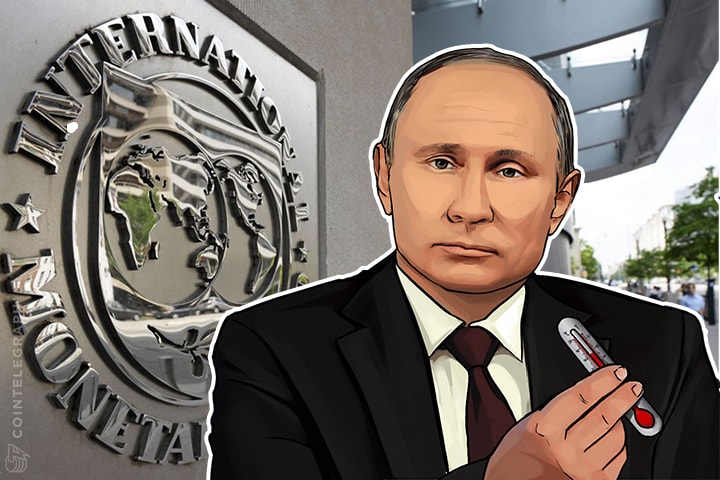At the G20 Hamburg Summit, an international forum for the governments and central bank governors from 20 major economies, Russian President Vladimir Putin emphasized the importance of digital technologies.
Putin stated:
“The global economy’s transition to a new industrial order is underpinned by the development of digital technology. We believe that the G20 could take on a leading role in shaping international regulations in this area.”
Although Putin’s comment on the development of digital technologies and the necessity of regulatory frameworks to facilitate the growth of the technology sector was quite general, his call for international regulations over the rapidly growing technology sector could be relevant to Bitcoin and the cryptocurrency market.
Over the past two years, Bitcoin has been regulated and legalized in a number of countries including Japan, South Korea, the US, Australia, the Philippines and Europe. India is set to fully legalize Bitcoin and offer regulatory frameworks for both businesses and users in the near future.
At the G20 summit, Putin requested for the international regulation of technologies such as Bitcoin, which also means unified international regulations on digital technologies. The vast majority of countries participating in the G20 summit including China, Japan, the UK and the US have regulated Bitcoin, while Russia and India are yet to provide regulatory clarity on Bitcoin, cryptocurrency trading and operations.
So, will Russia regulate Bitcoin?
In June, CNBC reported that Russia is looking to regulate Bitcoin as a commodity, rather than a currency. Many countries perceive and consider Bitcoin as a commodity, such as China.
In an interview with CNBC, Elvira Nabiullina, governor of the Russian Central Bank, stated:
"We don't consider that Bitcoin can be considered as a virtual currency. It's more digital assets with the regulation of assets. We have some doubts, we don't see some huge benefits from introducing digital assets in our economy.”
Bitcoin’s benefits on the economy of Russia could not be evident in the short term. However, the Russian Central Bank is likely considering the growing demands toward Bitcoin from casual traders and institutional investors. It is also likely that Russia will regulate Bitcoin for similar reasons as China, to prevent the Bitcoin exchange market from going underground and to black markets, which are harder to regulate and track.
Benefits of regulating Bitcoin
Sean Walsh, partner at Redwood City Ventures, an early-stage investment firm which also invests in Bitcoin and Blockchain, explained during an interview with CNBC that the regulation of Bitcoin will help address the growing demands from investors and also prevent Bitcoin from being utilized as black money or criminal money.
"I agree with the view that for retail and professional investors greater regulatory structure is very supportive because it adds to the legitimacy of the whole network,” said Walsh.
Putin and the Russian government’s overall stance on digital technologies and unified international regulation on the technology market may benefit Bitcoin, considering the overwhelming majority of countries that have regulated and legalized Bitcoin.


